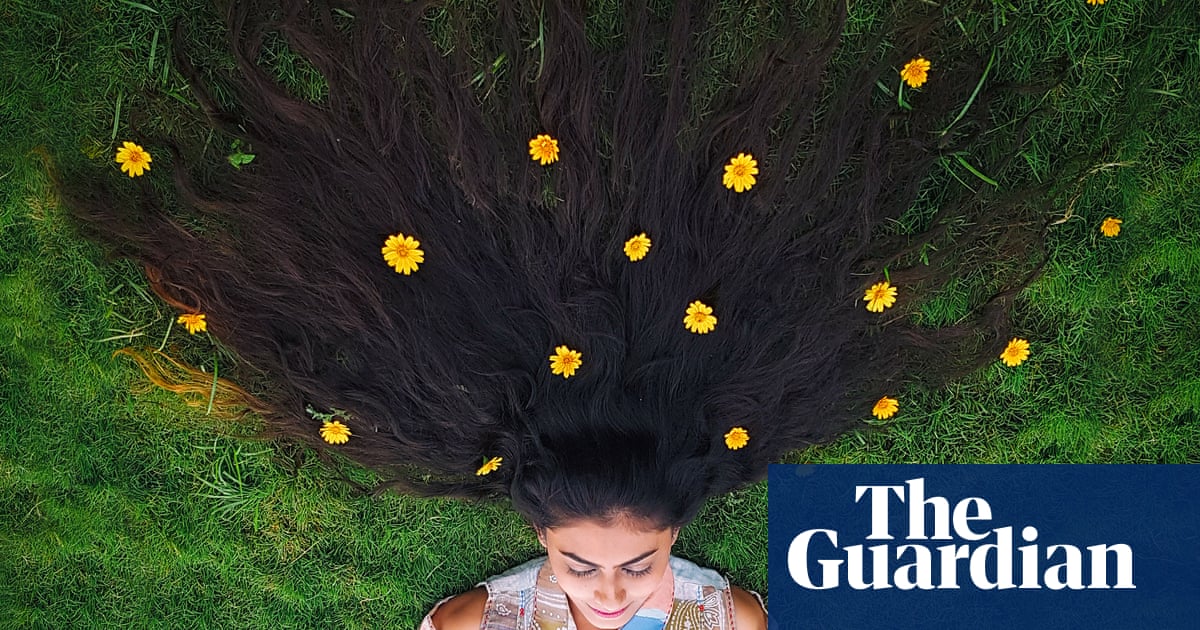The article highlights a personal narrative from Sanket Khuntale, reflecting on a photograph taken in Pritisangam Gardens, Karad, India. It captures not only a moment shared with friends but also emphasizes the beauty found in nature and the connection between individuals and their surroundings.
Purpose of the Article
This piece aims to showcase the emotional and artistic value of photography, particularly how a single image can evoke deep feelings and reflections on nature. By sharing Khuntale's experience and interpretation of the photograph, the article fosters an appreciation for both personal memories and the beauty of everyday life.
Public Perception
The article seems designed to inspire readers to find beauty in their own lives and surroundings. It encourages a connection to nature, which may resonate well with environmentally conscious audiences. The focus on a seemingly mundane moment transformed into something profound serves to elevate the everyday experience, promoting a positive view of local culture and community.
Hidden Agendas
There doesn't appear to be a direct attempt to conceal or manipulate public opinion in this article. Instead, it leans towards uplifting and showcasing the richness of personal experiences. The narrative may subtly promote local tourism or the importance of maintaining green spaces, but this is more an indirect consequence than a clear agenda.
Manipulative Elements
Given the article's focus on personal storytelling and artistic interpretation, it does not exhibit strong manipulative tendencies. The language used is reflective and appreciative rather than provocative or divisive. There are no overt calls to action or controversial statements that could mislead readers.
Authenticity of the Content
The authenticity of the article is supported by the detailed recounting of Khuntale's experiences and emotions tied to the photograph. The personal anecdote adds a layer of credibility, as it emphasizes genuine feelings and reflections rather than presenting a detached narrative.
Societal Implications
While this article is not likely to directly influence political or economic landscapes, it could inspire community engagement or interest in local heritage and environmental conservation. By celebrating local spaces, it may encourage readers to participate more actively in their communities.
Target Audience
The narrative appeals to individuals interested in photography, nature, and personal storytelling. It may resonate particularly with younger audiences or those who value personal connections to their environments, including those who appreciate art and culture.
Impact on Markets
While the article itself may not have a direct influence on stock markets, it could indirectly affect local businesses related to tourism, hospitality, or environmental initiatives if it inspires increased visitation to the area.
Global Context
This piece does not present a significant geopolitical angle but connects to broader themes of environmentalism and community well-being that are relevant in many contemporary debates.
Use of AI in Article Composition
There is no explicit indication that artificial intelligence was used in crafting this article, but elements of storytelling and personalization may suggest a modern approach to narrative development. AI could potentially assist in enhancing the emotional resonance or structuring of the piece if employed.
Overall Trustworthiness
The article appears trustworthy based on its personal narrative style and lack of overt manipulation. Its focus on genuine feelings and reflections suggests a sincere intention to share an uplifting story rather than to mislead or provoke.
